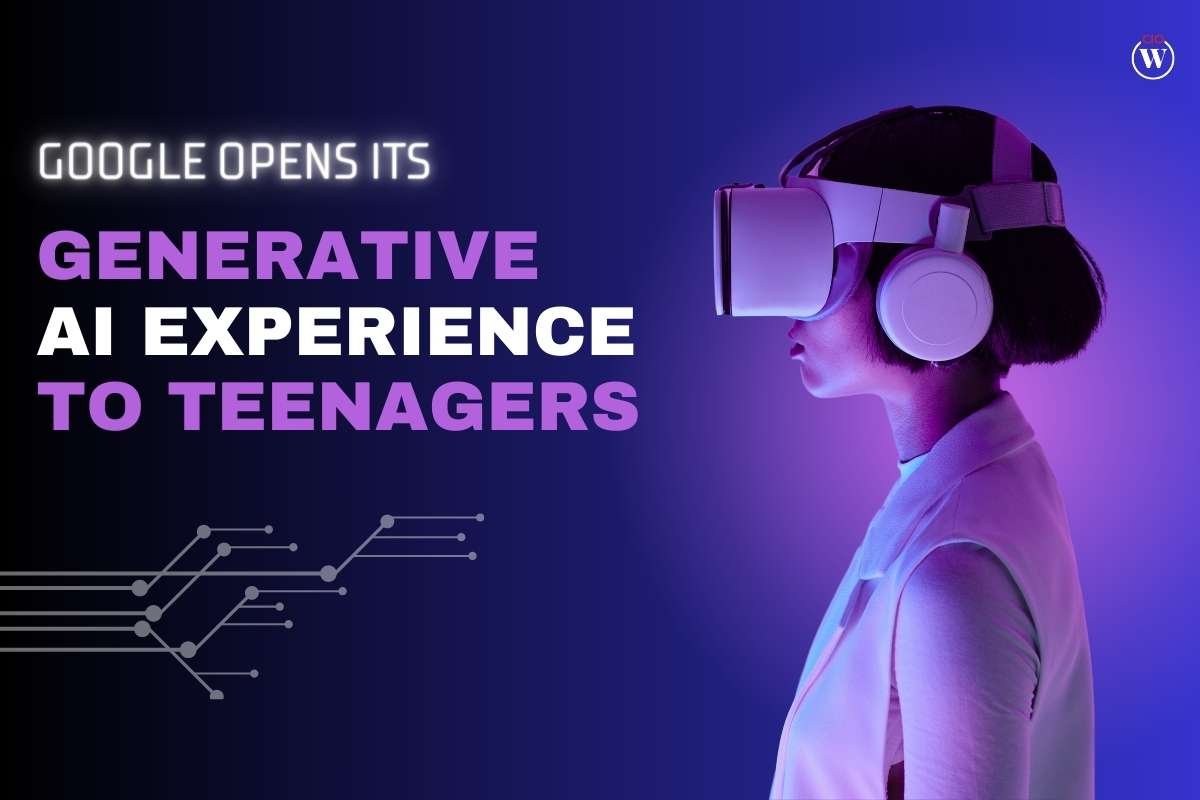Google has recently announced its plans to make its generative AI search experience accessible to teenagers, marking a significant expansion of its AI offerings. This initiative, known as the Search Generative AI Experience (SGE), is set to empower young users with a conversational mode for Google Search, allowing them to pose questions in a more interactive manner.
Starting this week, Google is granting access to teenagers aged 13 to 17 in the United States who have signed into a Google Account. These teenagers can join Search Labs to experience the AI search capabilities through the Google app or Chrome desktop.
Hema Budaraju, Senior Director of Product Management at Google, emphasized the educational value of this endeavor, stating, “Generative AI can help younger people ask questions they couldn’t typically get answered by a search engine and pose follow-up questions to help them dig deeper.”
Google has not only introduced this technology but also incorporated safeguards to ensure the safety and appropriateness of content. These measures include protections against the promotion of illegal substances or bullying, guided by extensive research and insights from experts in teen development.
The decision to extend SGE to teenagers follows Google’s observation that younger users have shown a higher affinity for this generative AI search experience. Users between the ages of 18 and 24 have expressed the greatest satisfaction, indicating a preference for conversational-style questioning.
Providing Context with “About this result” Feature
In addition to opening up SGE to teenagers, Google is enhancing the user experience by introducing a valuable feature called “About this result.” This feature, which has been a part of the standard Google Search, will now be incorporated into the AI search experience.
“About this result” notices are designed to provide users with context about how SGE generated a particular response. By offering insights into the technology’s functioning, users will gain a clearer understanding of the underlying mechanisms.
Google has plans to further expand this feature by including “About this result” information for individual links within SGE responses. This will enable users to gain a deeper comprehension of the web pages supporting the information presented in AI-powered overviews.
Google’s Commitment to Enhancing Generative AI Search Experience
Google is committed to continually improving the AI search experience. One particular area of focus is addressing queries that contain false or offensive premises. Such queries can lead to AI-generated responses that inadvertently validate these problematic claims, even when the linked web pages offer reliable information.
To combat this issue, Google is rolling out an update aimed at enhancing the AI model’s ability to detect false or offensive premise queries. The goal is to provide users with higher-quality, more accurate responses that prioritize accuracy and safety.
Furthermore, Google is actively exploring solutions involving large language models. These models will critique their initial responses on sensitive topics and then rewrite them based on principles of quality and safety.
Over the past few months, Google has made several enhancements to the AI search experience, including support for videos, images, local information, travel recommendations, and tools for summarizing and defining content. The company has also initiated experiments with ads displayed alongside AI-generated responses, highlighting its commitment to evolving and expanding its generative AI search capabilities.
Google’s latest initiatives not only empower teenagers with a more interactive search experience but also underscore the company’s dedication to improving the quality and safety of AI-generated content for all users.








